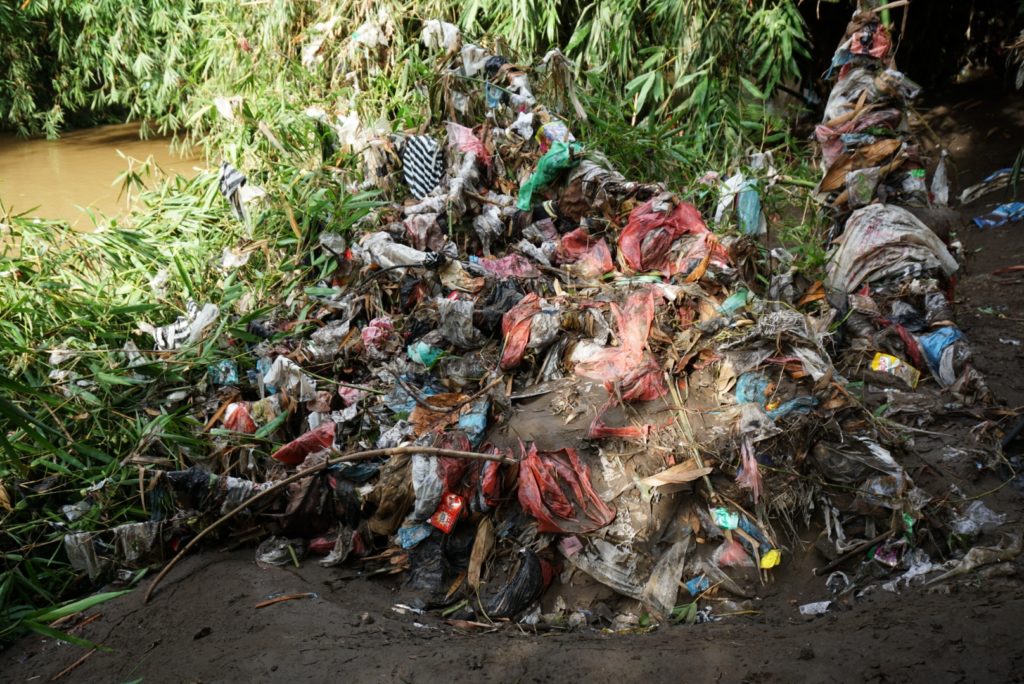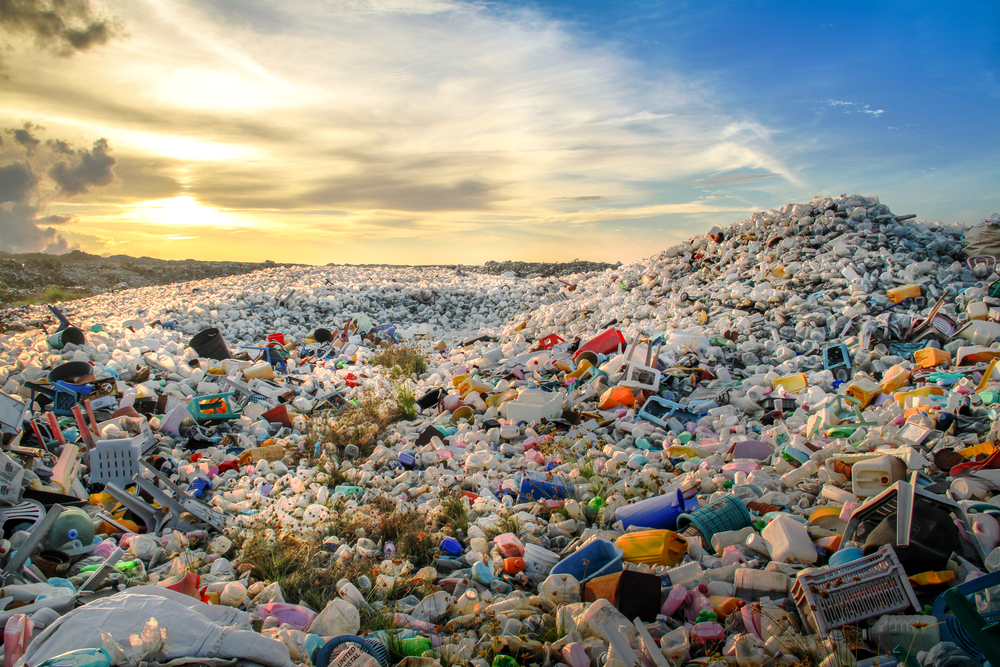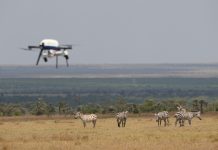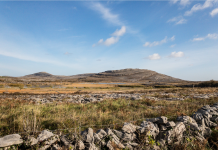Written by: Kimberly White
On December 24, 2018, Bali Governor Wayan Koster announced that the Indonesian province of Bali is officially banning single-use plastics.
The ban is a welcome step in Bali’s battle against plastic pollution.
Indonesia is one of the world’s largest plastic polluters, ranked second after China.
The country produces 3.2 million tons of plastic annually. Out of the 3.2 million tons of plastic produced, 1.29 million tons of winds up in the ocean.
In November 2017, Bali officials declared a “garbage emergency” along 3.6 miles of beach on the western coast. Workers sent to Jimbaran, Kuta, and Seminyak removed up to 100 tons of waste daily.
A research study by Nature Communications listed Indonesia’s rivers among the top 20 most polluted. It is estimated that approximately 200,000 tons of plastic flow from the nation’s rivers and streams into the sea. Experts estimate that around 80% of the waste on Bali’s beaches comes from the island. Waste from hotels and villages is often dumped into the rivers and carried out to sea.

Image Credit: Making Oceans Plastic Free (CC-BY-NC-SA)
Plastic waste on a river bank
Governor Koster expressed hope that the new policy would lead to a 70% decrease in Bali’s marine plastics by 2019. The policy is designed to tackle single-use plastics at their source. It is aimed at producers, distributors, suppliers, and businesses. Those who do not comply with the ban will face sanctions. Governor Koster told Tribunnews, “If they disobey, we will take action, like not extending their business permit,”
The team at Bali-based NGO Bye Bye Plastic Bags (BBPB) were thrilled by Bali’s announcement.
As of 2019, BBPB has grown into an international movement. BBPB teams have launched around the globe in places like Spain, the United Kingdom, New Zealand, Nigeria, and the United States.
The single-use plastics ban includes plastic bags, styrofoam, and straws. The policy carries a six month grace period dating from December 21st.







